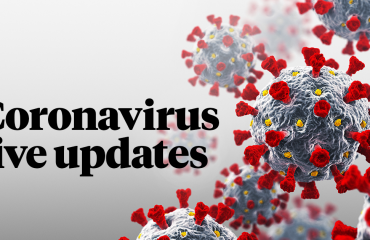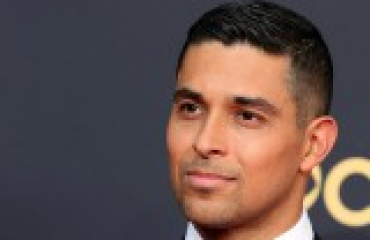Frontline healthcare workers of color bridge racial gap in time of COVID-19 – KSLTV
SALT LAKE CITY — Lack of trust and access to services has caused devastation during COVID-19 for Utah’s communities of color.
An effort by the Utah Department of Health and Intermountain Healthcare aims to change that.
Emilia Brown prepared a care package that’s a lifeline. Brown is a community health worker for communities of color in St. George.
“We are the connectors,” Brown said.
She’s part of a small army that educates, links to services, and bridges the language and culture gap. They also dispel myths about the COVID-19 vaccine. “For example, the (micro) chip, ‘They’re going to be tracking all over if we have the vaccine,’” she said. “I’m part of this community. I know the people.” That connection helps build trust.
The Utah Department of Health started the COVID Communities Partnership last year. Intermountain Healthcare and Maverik donated $2 million to keep it going.
According to the Utah Department of Health, since the program began last March, they’ve referred 19,875 to COVID testing and 40,704 to vaccine clinics. They’ve hosted 277 vaccine sites and supported 245 vaccine sites, with 1,065 community health workers onsite at vaccine clinics. These workers also registered 24,615 for vaccine appointments. Providing outreach to about 6 million people, in 54 languages.
“They’re really a vital component of the health care workforce,” said Lisa Nichols, Assistant Vice President of Community Health, Intermountain Healthcare. The assistance often goes beyond health care. “They can work with them on keeping their utilities on getting food in the house, finding ways to address their home and mortgage payment.”
Deaths from COVID-19 among Native Americans are more than two times as high as the white community: 68 per 100,000 cases, according to UDOH. Leaders at the Urban Indian Center of Salt Lake say community health workers are vital.
Mo Smith says respecting traditions while providing access to good COVID-19 prevention and care is saving lives in his community. (KSL TV)
“There’s a lot of anxiety, there’s a lot of depression. We’ve had elders that have recently passed on,” said Mo Smith, executive director of the Urban Indian Center and tribal member of the Navajo Nation. “Sage is sacred to us as native people. We use it for prayer, for cleansing. When we vaccinate or test someone for COVID, we send them home with a care packet. We send them home with some sage.”
Respecting traditions, becoming a trusted friend, and helping turn the tides on racial disparity.
Have you or a family member been affected by coronavirus issues in Utah? KSL wants to hear from you. Contact KSL by emailing social@ksl.com.
Click here to sign up for a vaccine and here to see how Utah’s vaccine rollout is progressing.
The latest COVID-19 stories from KSL can be found here.
The CDC has some simple recommendations, most of which are the same for preventing other respiratory illnesses or the flu:
The CDC recommends wearing cloth face coverings in public settings where other social distancing measures are difficult to maintain (e.g., grocery stores and pharmacies), especially in areas of significant community-based transmission.



